
Ishita Sengupta
Ishita Sengupta is an independent film critic and culture writer with a keen focus on nonfiction work. Her writing is informed with gender, pop culture and politics and it has appeared in publications like The Indian Express, The Hindu Frontline, OTTplay among others.
All reviews by Ishita Sengupta
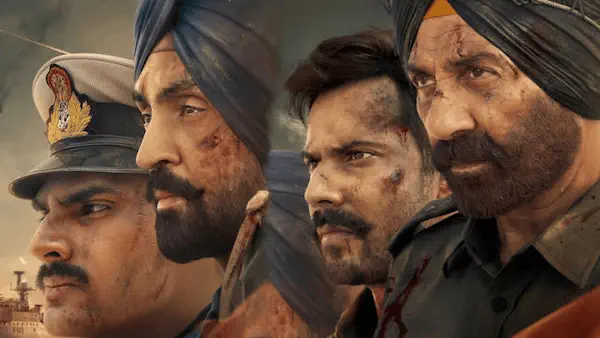
Border 2
Action, Drama, War (Hindi)
Spiritual Sequel Saying The Same Story
Sat, January 24 2026
In the last couple of years, the roster of Hindi cinema has been clogged with certain kinds of narratives and mostly with one kind of event: war. There has been a proliferation of war films as their rhetoric — identifying the nemesis as an “enemy”, using dialogues filled with allegories of battles — leaks into the grammar of regular dramas. It was about time that JP Dutta’s Border (1997), the original war-cry of a film centred firmly around Indian soldiers, would be reprised, and Border 2 is that.

Taskaree: The Smuggler's Web
Crime, Mystery, Drama (Hindi)
Fun Till It Is Not
Sat, January 17 2026
Neeraj Pandey’s latest Netflix series, Taskaree: The Smuggler’s Web, rests on ingenuity. It foregrounds a world that is mostly wrapped in intrigue and focuses on a group of people who aren’t necessarily under the spotlight. In a streaming landscape crowded with an assembly line of thrillers, even an inventive premise counts a great deal, and Pandey offers it in plenty. His latest show is concerned with the machinery of customs and widespread smuggling syndicates that continue to bypass them — a swing that pays off till it does not.
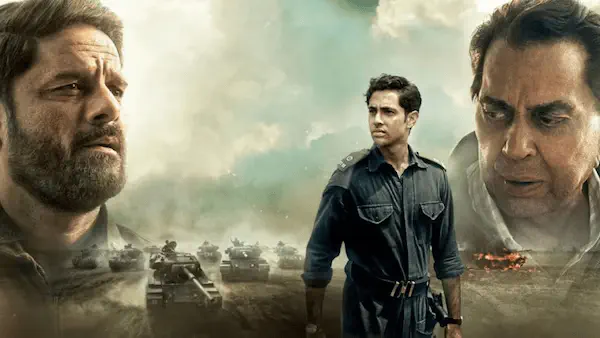
Ikkis
History, War, Drama (Hindi)
Sriram Raghavan Never Misses
Fri, January 2 2026
One side wins a battle, but both sides lose in a war. Hindi films of late, committed to depicting historical warfare, have been relaying stories of battles. Neatly structured narratives keep pitting men — and nations — against each other as hyperstylised filmmaking and hypermasculine action nourish an appetite to roar for one and ridicule the other. Bravery in these tales is distinct and calibrated, above moral probing and beyond mortal restraint. In his war drama, Ikkis, filmmaker Sriram Raghavan looks in the eyes of onlookers, trained to bay for blood, and offers them water.
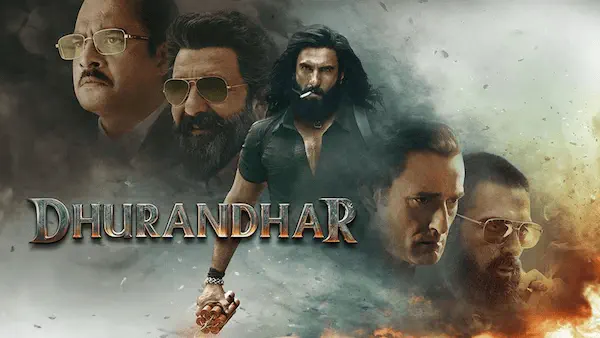
Dhurandhar
Action, Thriller (Hindi)
Aditya Dhar Marries Spectacular Craft With Deeply Skewed Politics
Sat, December 6 2025
Aditya Dhar, who gentrified propaganda with Uri: The Surgical Strike (2019), has made an accomplished Pakistan-set Hindi film with Dhurandhar. As a producer and director, his career leans on perpetuating bigotry in the garb of persuasive filmmaking. And while this continues with his sophomore feature, he also displays more curiosity about the neighbouring country than most outings, peddling similar politics, did of late. This perverse obsession is so extreme that if Dhurandhar was a teenage boy, one would assume he has a crush on Pakistan.
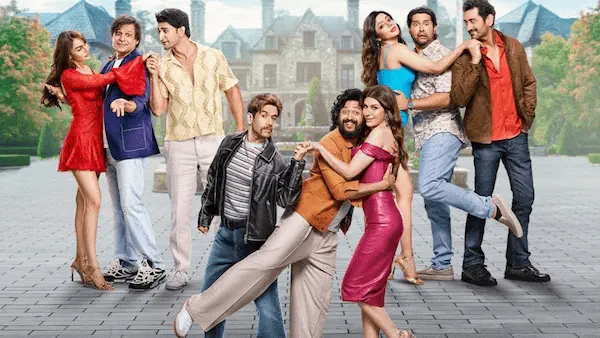
Mastiii 4
Comedy (Hindi)
Brain-Dead, Aimed Solely At Killing You
Sat, November 22 2025
As someone in her 30s, I have a lot of worries: ageing parents, climate change, whimsical world leaders and the growing cost of living. But late at night, when struggling to sleep, one thought plagues me the most: how is Milap Zaveri still making films? This isn’t a personal affront, at least no more than what his films unleash on us. But really, lesser filmmakers have dwindled into oblivion and here’s Zaveri with two films in one year, and while one seemed like the worst, the other has somehow surpassed it.
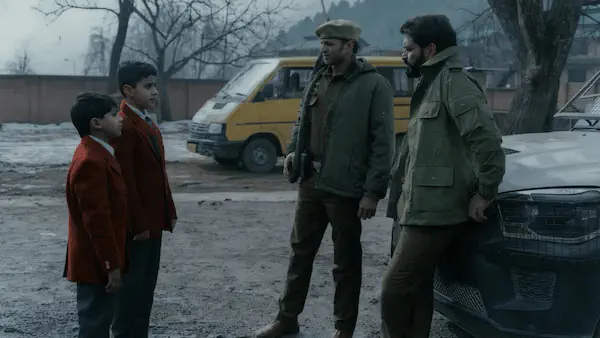
Baramulla
Horror (Hindi)
Baramulla Is An Effectively Misleading Supernatural Film
Tue, November 11 2025
There is something called an Aditya Dhar film. The emphasis might feel odd, given that he has directed only one feature till now, and the second is waiting in the wings. But the projects he has been involved in the capacity of a writer and producer, most notably Article 370 (2024), bear the distinct stamp of his filmmaking. Tenets of this include compelling set pieces, imposing artistry, and bigoted politics. In Baramulla, the latest film he has bankrolled, all these are heightened to greater, more dangerous heights.
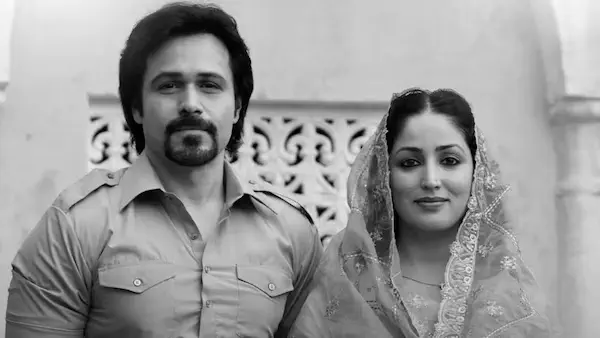
Haq
Drama (Hindi)
Suparn Varma’s Haq Is A Persuasive Take On The Shah Bano Case
Tue, November 11 2025
HAQ becomes a better film once it ends. The Suparn Verma directorial feature is based on the landmark 1985 Shah Bano case, where a Muslim woman won her right to alimony. Although personal, her fight assumed big proportions because it revealed the knotty relationship between Muslim Personal Law, where a husband is entitled to provide maintenance during the iddat period after divorce, and the Indian secular law. In this particular case, the Supreme Court ruled in favour of Bano; later, the then-Congress government offset the judgment by sanctioning women to receive “reasonable and fair provision and maintenance" for three months after the divorce; Haq concludes by mentioning this, applauding, in the same breath, the current government for criminalising triple talaq and passing the Muslim Women (Protection of Rights on Marriage) Act, 2019.
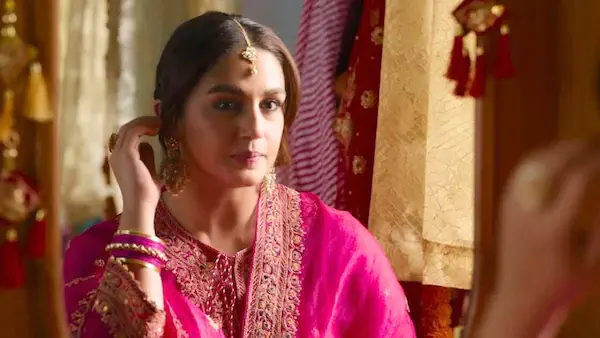
Single Salma
Comedy, Family (Hindi)
A Surprisingly Effective Film That Finds Charm In Familiarity
Sat, November 8 2025
Films centring on women are often tethered to an issue and conclude with a resolution. This is as much a roadmap as an outline; an overused detour and a rewarding shorthand. Nachiket Samant’s Single Salma ascribes to this with commitment. The protagonist, as the name suggests, is a single woman and her singlehood, as the first ten minutes hint, is the issue. She is 33, the eldest among the four siblings, and is drowning in responsibilities. As most stories like this go, by the end, Salma ought to have her life in control, deliver a spiel about being overlooked for being a girl, find love and find herself in the process. She does, and yet all of this feels novel.
Latest Reviews
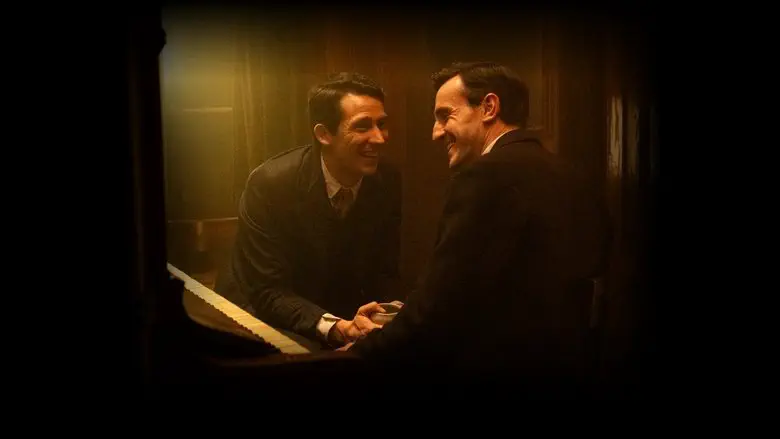
The History of Sound
Drama, Romance, Music (English)
In 1917, two young music students attending the Boston Conservatory bond over a mutual love of… (more)

The Last First: Winter K2
Documentary (English)
The race to grab the last great prize in mountaineering, K2 in winter, left five dead.… (more)
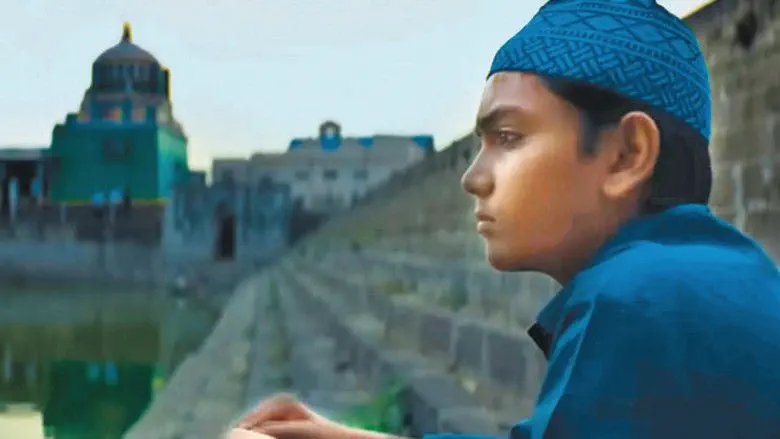
Khalid Ka Shivaji
Drama, History (Marathi)
Khalid, a 5th standard student is teased by his classmates because of his religion after a… (more)

Wonder Man
Comedy, Sci-Fi & Fantasy (English)
Simon and Trevor, two actors at opposite ends of their careers, chase life-changing roles.… (more)